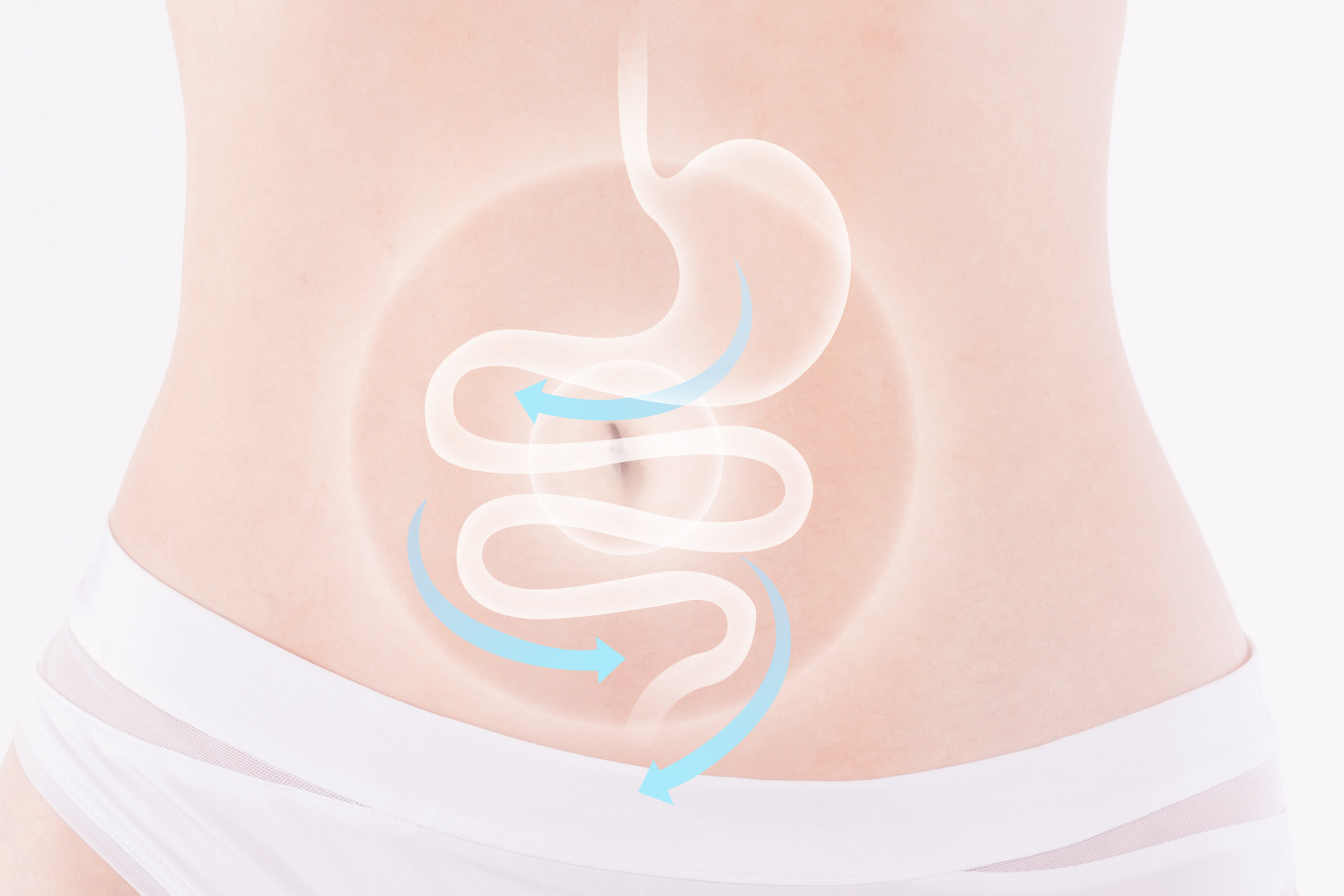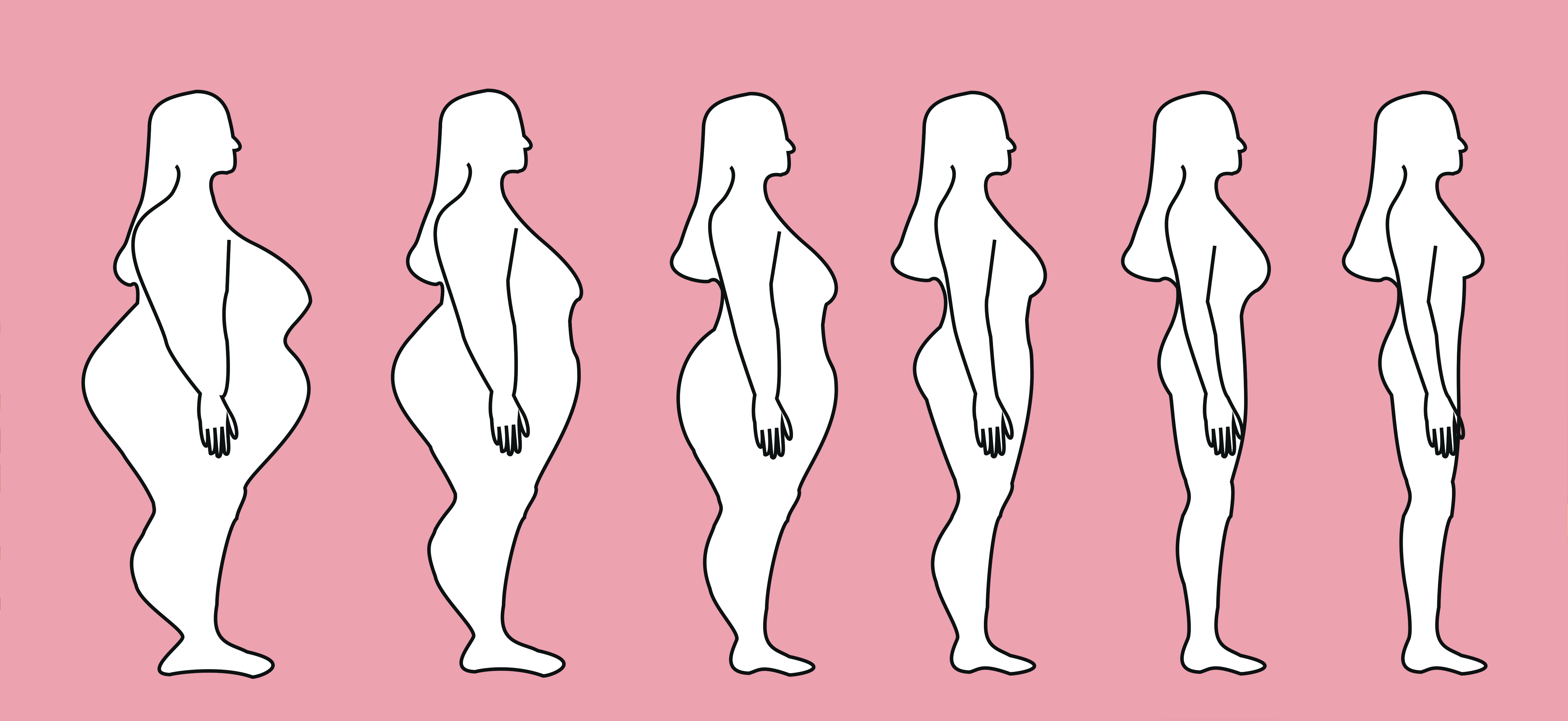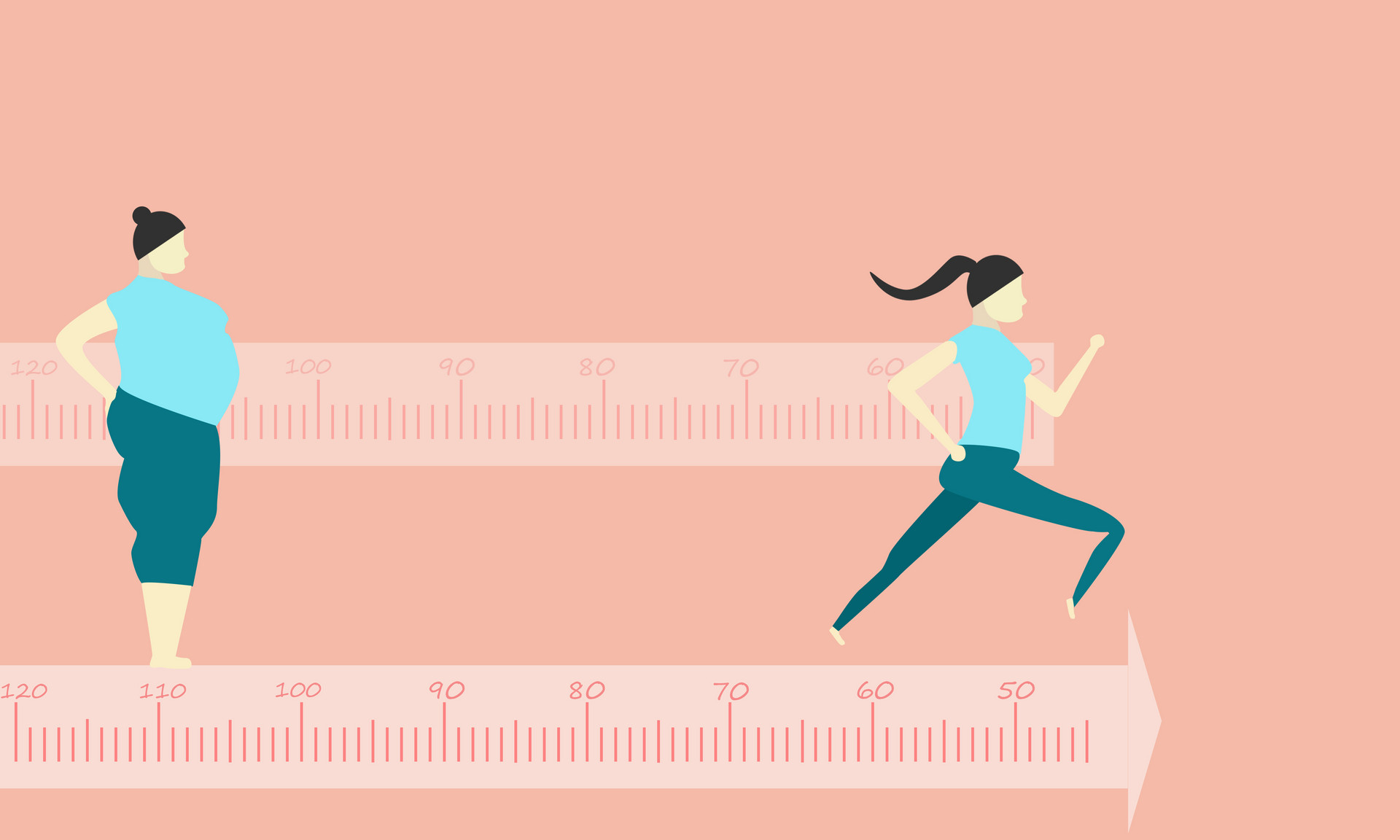In the current trend of weight loss, many people feel lost. They have tried various methods to lose weight, but the results have been unsatisfactory, or they experience weight rebound after losing weight, leading to repeated attempts with minimal success and potential damage to their health. The reason for this is that they have fallen into the misconceptions of weight loss.
Misconception 1: Weight loss concept
Weight loss should be achieved through practical and reliable methods, rather than random and diverse methods that may not be suitable for everyone. Some people have tried more than a dozen weight loss methods in a short period of time, such as qigong, massage, physical therapy, drinking weight loss tea, eating weight loss pastries, applying weight loss cream, wearing weight loss pants, using weight loss soap, taking weight loss pills, etc. In the end, they all failed. These weight loss seekers lack knowledge about weight loss and have various misconceptions about it. They also lack the ability to identify and choose various weight loss products. As a result, they repeatedly purchase weight loss products, repeatedly try different methods, but fail to achieve successful weight loss.
Misconception 2: Starvation concept
Obesity is actually a pathological condition. It is not just a simple dietary problem, but also involves metabolic disorders and hormonal imbalances. Therefore, the most important thing in the process of weight loss is to ensure the consumption of fat based on a balanced diet, rather than relying solely on starvation. Otherwise, weight often rapidly increases once normal eating is resumed after a period of dieting. If this cycle of repeated weight loss and gain continues in the short term, it can seriously affect physical health.
Misconception 3: Reduction of weight concept
Many weight loss seekers mistakenly believe that as long as they reduce their weight, they have successfully lost weight. Strictly speaking, weight loss should be aimed at reducing fat, not water and muscle. When a person is hungry, the first to be mobilized is water, glycogen, and protein. The water content in fat accounts for only 12%, while the water content in muscles accounts for 80%. Therefore, many people believe that weight loss is successful when their weight decreases, but in reality, they have only lost a significant amount of water within a certain period of time.
Misconception 4: Use of weight loss products concept
Many weight loss seekers excessively pursue the speed of weight loss and use the amount of weight lost per day as a measure of the effectiveness of weight loss products. This incorrect concept of weight loss prompts manufacturers to cater to their preferences and create unrealistic advertising claims, even promising to lose 0.75 kg in one day. In reality, 1 kg of fat is equivalent to 9,000 calories (37,656 joules), while the human body needs to consume 2,997 calories (12,540 joules) per day. Even if one does not eat or drink anything and allows fat to burn fully, it would still take 3 days to lose 1 kg of fat. Moreover, it is a global challenge to find a way to directly convert fat into heat.
Misconception 5: Repeated weight loss concept
In a survey of "failed weight loss participants," it was found that one patient had attempted to lose weight 10 times in 7 years. It is known that many people treat weight loss as a short-term action and repeatedly attempt to lose weight. Repeated weight loss has numerous harmful effects. Firstly, it disrupts the body's self-regulation and weight balance systems, making metabolism, fat mobilization, and storage difficult to control. Secondly, it greatly damages cardiovascular function and easily leads to heart attacks.
Misconception 6: Body image concept
Many young women who have normal body shape and moderate weight still try to lose weight at the expense of their health in order to pursue a "more beautiful" body shape. They focus only on "beauty" and neglect "health," excessively striving to reduce their weight. Eventually, they become extremely thin, with pale complexion, sagging skin, and various health problems. In severe cases, they may develop eating disorders.












